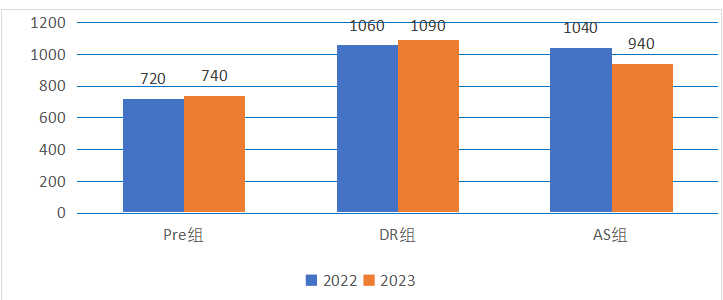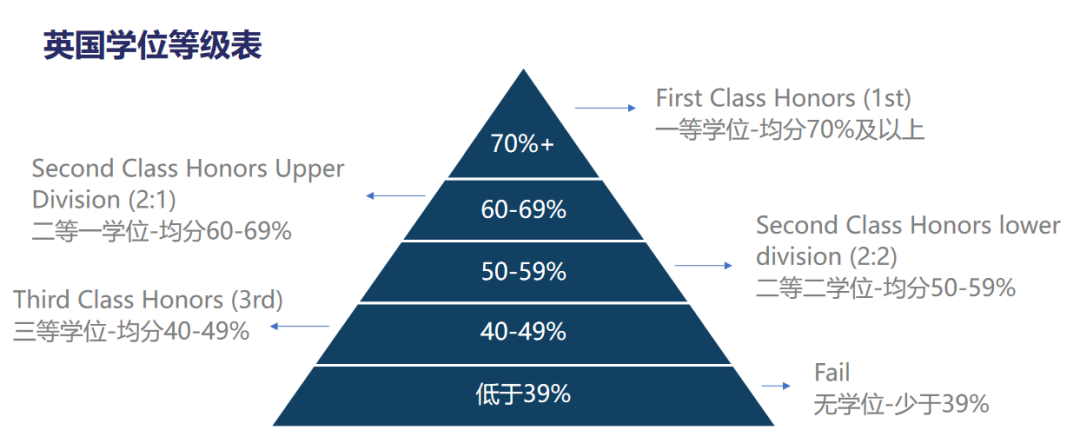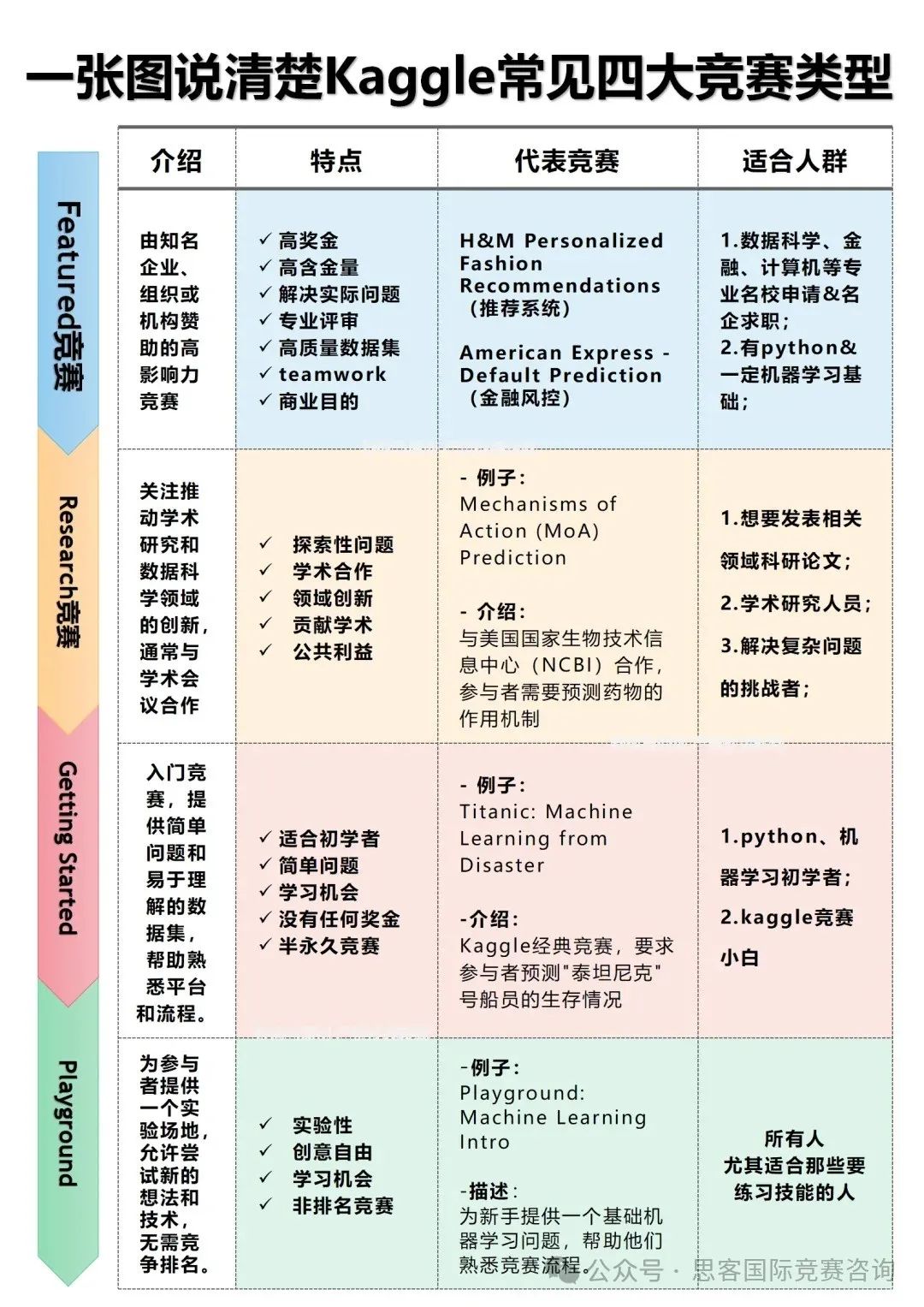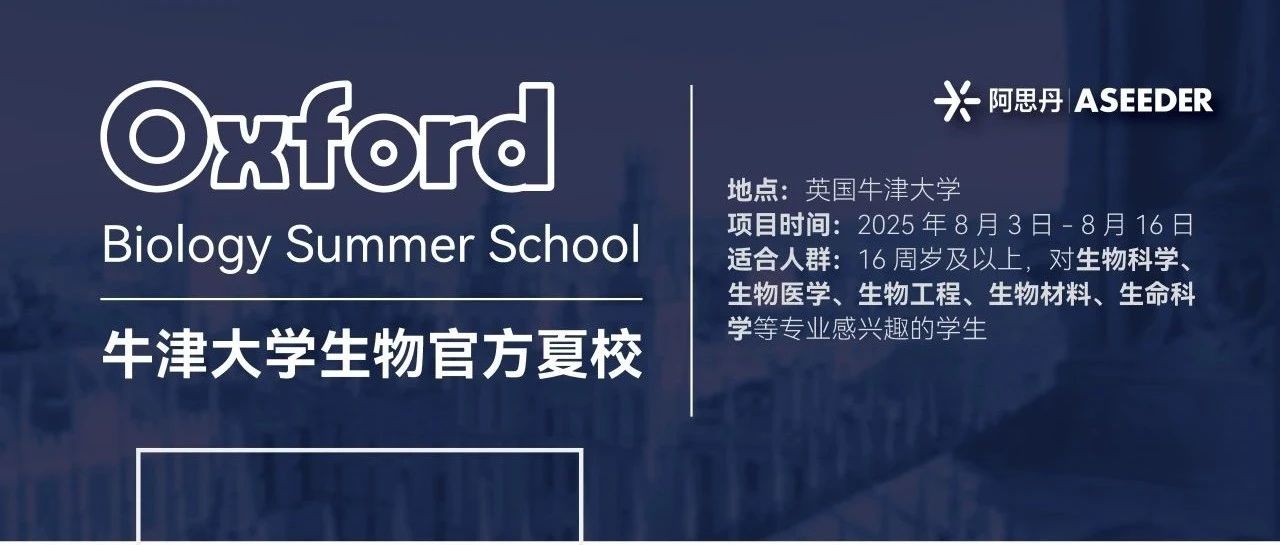本期 为大家推荐伦敦国王学院、新南威尔士大学2024最新奖学金介绍。
1、伦敦国王学院
Electrochemical investigations of common main-group reducing agents
King's College London|Department of Chemistry
博导:Dr Clare Bakewell
截止日期:June 30, 2024 周天
资助的博士项目(全球学生)
About the Project
Over the past decade the field of main-group chemistry has exploded. This has been driven by a general trend to develop compounds and processes that are more cost-effective and environmentally benign. Many main-group elements fit this bill, as they are often cheap, non-toxic and Earth-abundant. In particular, recent years has seen hugeadvancesinlow oxidation state (LOS) main-groupchemistry, with the isolation of highly reactive electron rich species formed by reduction of more stable high oxidation state congeners.
These LOS compounds have generated a high degree of interest due to their ability to mediate a wide range of stoichiometric bond activation processes, including the oxidative addition of incredibly strong carbon-hydrogen (C–H), carbon-fluorine (C–F) and carbon-carbon (C–C) bonds across single or multiple metal centres [1-2]. Some of the most commonly explored examples of such LOS main-group species are are relatively easy to synthesise and are stable for prolonged periods of time (under inert conditions). Jones and Stasch’s Mg(I) dimer is probably the most widely investigated compound, and has been billed as a bottleable, stoichiometric reducing agent [3].
Despite these stoichiometric main-group reducing agents wide usage in synthetic chemistry laboratories as well as detailed understanding of their reactivity and electronic structure, knowledge of their electrochemical properties is largely anecdotal. Compared to other common laboratory reducing agents, such as sodium or potassium metal, these compounds are known to be mild, however precise reduction potentials have not been established. This lack of foundational knowledge prevents both their more widespread and optimal usage.
In the Bakewell group, we use stoichiometric reducing agents to generate new low oxidation state species that are not accessible via traditional reduction methods – thus more precise electrochemical information is highly desirable [4]. This project aims to develop electrochemical methods and obtain vital electrochemical information about a range of common, stoichiometric main-group reducing agents. Once established this knowledge will be applied to redox based systems being developed in the Bakewell group, and used to develop new chemical reactivity of LOS main-group compounds, with a view to translation of stoichiometric reactivity into catalysis.
Essential Criteria:
Prospective candidates should have a 1st or 2:1 M-level qualification in Chemistry, or a related subject.
Candidates should be able to demonstrate an aptitude for problem solving, time management, creative thinking and independence. We will work as part of a small and highly focussed team, so the ability to work in a synergistic and collaborative manner is important.
Experience of synthetic inorganic chemistry is desirable but not essential.
Experience in electrochemistry chemistry is desirable but not essential.
Application Process
1、Complete an online application on the King’s Apply system at Login - King's Apply (kcl.ac.uk)
- Register a new account/login
- Once logged in, select "Create a new application"
- Enter ‘Chemistry Research MPhil/PhD (Full-time/Part-time)' under "Choose a programme". Please ensure you select the correct mode of study.
- Please indicate Dr Clare Bakewell as the supervisor
- In the funding section, you can select “Option 5” and quote “Bakewell” in the text box.
- You must name 2 referees and they must submit references within 7 days of the deadline or they will not be considered.
Note:If you have already submitted an application on King’s Apply for the Chemistry Research MPhil/PhD (Full-time/Part-time) for any research projects starting 2024/2025, do not submit another application. Please include your King’s Apply Portal Number when you send your CV and personal statement tochemistry-pgr@kcl.ac.uk
2、Applicants should also email their CV and cover letter directly to Dr Clare Bakewell (clare.bakewell@kcl.ac.uk).
3、CV submission and online application MUST both be completed by the deadline.
All relevant information regarding eligibility, including academic and English language requirements, is available from the King’s Chemistry Website
Funding Notes
Stipend: Tax-free stipend set at the standard UKRI rate, currently £20,622 with the London Weighting Allowance
Bench Fees: Approximately £4,500 for wet lab research
Tuition fees: Covered by the studentship
2、新南威尔士大学
Pushing the limits of electronic delocalization in organic molecules
UNSW Sydney | School of Chemistry
博导:Dr M Peeks
截止日期:June 13, 2024 周四
资助的博士项目(全球学生)
About the Project
A project exploring organic materials chemistry is available in the Peeks group at UNSW.
We are exploring the properties and applications of aromatic and antiaromatic molecules, with a particular interest in seeing how unusual (anti)aromatic building blocks can be combined, including in supramolecular assemblies, to deliver higher-order function. Aside from fundamental insight, such molecules have potential applicants in electronics (e.g. single molecule wires), light-harvesting, and biology (dyes).
This project will give you the opportunity to develop your skills in organic synthesis, advanced spectroscopy (NMR, UV-vis, FT-IR), and computational chemistry (DFT). We welcome applicants with all interests, but synthetic chemistry experience is essential.
The project will be based in the UNSW School of Chemistry, which features excellent facilities and spectroscopic equipment.
Personal development is a defining characteristic of a PhD programme. You will build technical and professional skills through meaningful research and collaboration.
Contact Dr Martin Peeks for more information. To apply, send a copy of your CV and details of 2-3 referees tom.peeks@unsw.edu.au(mention this project's title in your email). Early enquiries and applications are encouraged.
UNSW CRICOS Provider Code: 00098G
Email Now:m.peeks@unsw.edu.au
Visit website:https://www.peeksgroup.com












